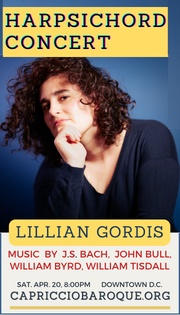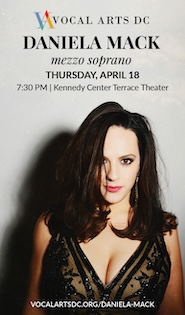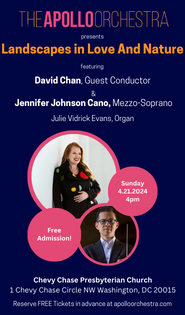Valčuha shows a deft touch with NSO
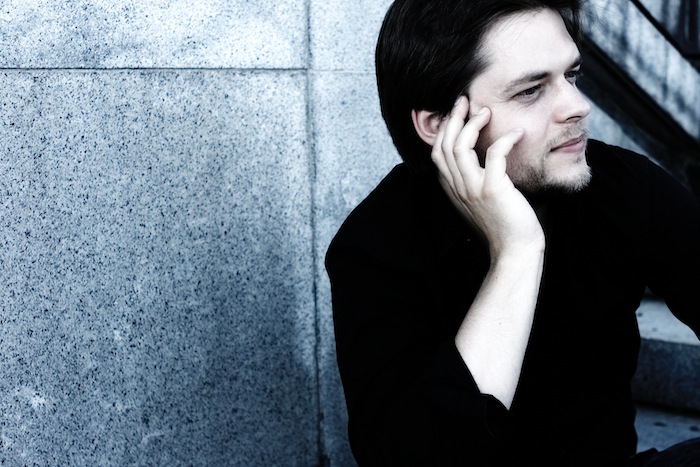
Juraj Valčuha conducted the National Symphony Orchestra Thursday night.
In a continuing series this season, “Shakespeare at the Symphony” the National Symphony Orchestra is presenting music inspired by the Bard’s words. This week’s program of three rarely heard examples by Korngold, Dvořák, and Strauss featured the return of Juraj Valčuha, heard last night in the Kennedy Center Concert Hall. The brilliant young Slovakian conductor, who takes over this month as the music director of the Teatro di San Carlo in Naples, also led a performance of Beethoven’s Piano Concerto No. 1 with Emanuel Ax as soloist.
As with last week’s program, scenes from Shakespeare plays shared the stage with the orchestra in the second half. Before the downbeat of the suite from Korngold’s incidental music to Much Ado about Nothing, Washington-based actors Naomi Jacobson and Craig Wallace interrupted with a brief scene of bickering between Beatrice and Benedick from the play. It was a diverting lead-in to the boisterous fun of Korngold’s overture, which Valčuha shaped confidently in dynamics and rubato.
The 21-year-old Korngold composed this charming music for performances of the play in Vienna in 1920. The military march for the night watch of Dogberry and Verges was comically inebriated, and principal horn player Abel Pereira made easy work of the challenging solos in the “Masquerade.” The saccharine “Intermezzo” and the kitschy glockenspiel glissandi in “Masquerade” are a good demonstration of Korngold’s mastery of Straussian harmony and sentimental Viennese melody, which became the template for his work as a film composer in Los Angeles. The NSO even included the part for harmonium, which came to the fore, steeped in nostalgia, in the second movement.
Tragedy was the focus of the other two Shakespeare-inspired works. Wallace’s recitation of the “It is the cause?” speech from the end of Othello introduced Dvořák’s dramatic concert overture on that work. Luscious string playing, delicate and soft as silk, contrasted with the menace of the jealous theme that rumbles throughout the work. The composer used the same melody in a set of three overtures (Carnival and In Nature’s Realm. were the others) he titled “Nature, Life and Love.” Othello is the last of the three pieces, and one may hear it as representing death.
Valčuha set himself a challenge with a program of three pieces similar in Late Romantic style, and he rose to that challenge. He has a crystalline conducting style, with small, precise gestures that indicate exactly where he wants the music to go. He made the best case for Richard Strauss’s tone poem Macbeth, completed in 1888 but thoroughly revised in form and orchestration a few years later. With an ensemble similar in scope to that used by Dvořák, Strauss unleashed vast waves of sound. Valčuha helped the orchestra make the most of those climactic moments by controlling sound leading up to them and by keeping the ensemble in strict unity.
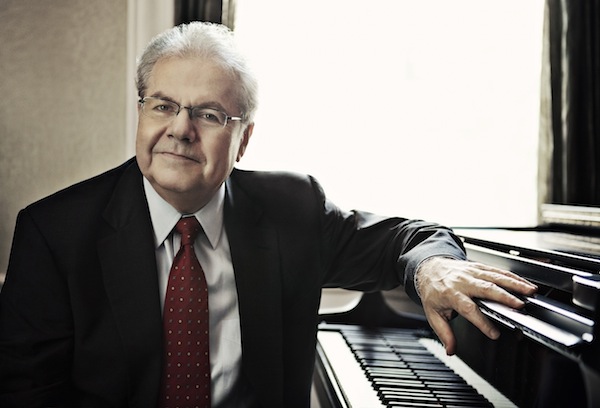
Emanuel Ax. Photo: Lisa Marie Mazzucco
For a Thursday night, especially at a concert featuring audience favorite Emanuel Ax at the piano, the concert hall had some surprisingly large bare patches among the seats. Ax’s recent appearance with the NSO have shown him in an autumnal glow as a musician, especially in the Beethoven concerti. The First Piano Concerto is the least inspiring of the composer’s five, but Ax drew everything he could from it. The first movement was taken at a daringly fast tempo, and Valčuha deft rubato adjustments kept the orchestra right with their soloist.
Ax chose to play the long, almost absurdly virtuosic cadenza that Beethoven wrote for the first movement after the work’s premiere. As he launched into it, Valčuha accidentally speared a hanging microphone with his baton, which he then had to retrieve. The incident put no one off his stride, as the second movement was tender, especially the dialogue between the soloist and the solo clarinet toward the end. The third movement was joyous without pushing the speed, allowing Ax’s hand-crossings to be elegantly voiced.
The program will be repeated 11:30 a.m. Friday and 8 p.m. Saturday in the Kennedy Center Concert Hall. kennedy-center.org/calendar/event/NRCSA
